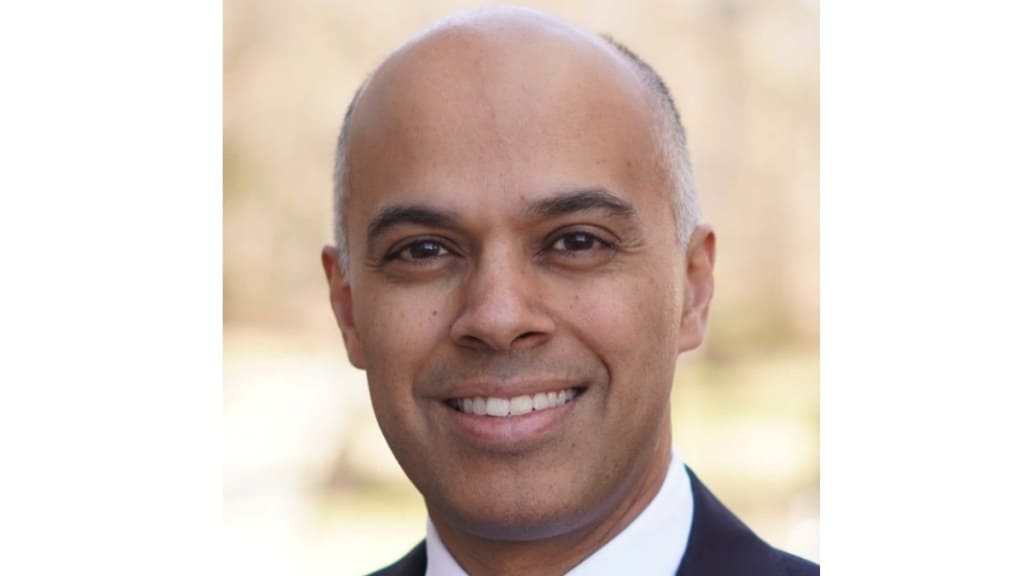How are assessments in a digital world different from the pen-and-paper exams many of us grew up with?
These are more personalised, actionable insights have put learners in the driver’s seat, and opportunities to learn as well as get assessed have become manifold.
And what is the future of assessments?
It is constantly evolving. But some trends include:
Personalised assessments: The world is diverse, and educational measurement must reflect that diversity by tailoring assessments to the learner.
Constant assessment: Summative measures, like final exams, may continue to demonstrate when a learner has reached a goal. But continuous insights, offered throughout a learning journey, will help learners reach those goals more efficiently.
Different skills: Cognitive skills are important, but affective skills (beliefs, values and attitudes) and behavioural skills (problem solving and teamwork) are equally important.
True test: Skill development occurs inside and outside of the classroom, so the future of assessment lies in finding ways to measure skills through all kinds of experiences.
Technology: Efforts to build equitable AI, ensure data privacy and close the digital divide are critical to the future of assessment.
What makes GRE and TOEFL such big names in testing in India?
India has one of the world’s youngest populations and Indians view GRE and TOEFL as fair assessments.
What will ETS gain out of supporting the setting up of PARAKH?
The world will gain. The PARAKH initiative will serve as a global model for how to build world-class assessment and learning systems to deliver high-quality student outcomes, advance education and improve millions of lives.

